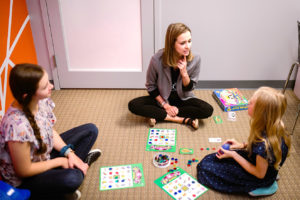The biggest part of a successful speech therapy treatment plan often is just finding the best therapist for your child’s unique needs. There are many available, but not all have the clinical experience to help your child get the most out of each session. Here are a few tips for making the right decision.
Do They Provide the Proper Areas of Focus to Help Your Child?
While speech therapists are held to a high standard of education and training, their specific area of expertise varies based on clinical experiences. To get the most from your sessions, look for clinics and professionals that diagnose, evaluate, and treat specific issues relevant to your child, such as social and cognitive communication, feeding and swallowing challenges, and speech and language delays and disorders.
These can include:
- Speech sound disorders: This issue is characterized by challenges accurately producing sounds and words that are developmentally expected for the child’s age. These can include difficulty with articulation, impacting the child’s intelligibility.
- Stuttering: A process that disrupts the individual’s ability to create free-flowing speech, words, and sentences.
- Lisp: Difficulty articulating an “s” or “z” sound, usually characterized by a “th” sound instead.
- Language delay: A child doesn’t achieve their expected developmental language milestone for their age.
- Voice disorder: These affect the quality, including pitch and volume, of the voice.
- Language disorder: This issue affects the ability to process or understand and use language similarly to peers.
- Social communication disorder (pragmatic language impairment): This presents itself as difficulty in appropriately using communication in a social setting, especially with peers.
- Childhood apraxia of speech: Difficulty producing accurate sounds and speaking with normal rhythm and speed resulting from a neurological condition.

Do They Meet ALL Training Requirements?
Speech therapy educational requirements involve earning a master’s degree, including internships working in pediatric and adult speech therapy settings, along with certification exams.
A speech therapist will finish a clinical fellowship in their first year, serving clients independently while under the supervision of a speech-language pathologist. After they have met the required clinical hours, they can move on to apply for a full certification and state license.
Choosing a Location
Each child has their own unique style and needs that should be weighed when selecting clinic-based therapy or in-home (Community) therapy.
Community-Based Speech Therapy
If your child spends most of their time in child care, community-based sessions may be the answer. While this option may cost more, it is the most convenient for working families or those with limited time and busy schedules.
Clinic-Based Speech Therapy
For the most comprehensive services, choosing clinic-based services may be the best choice for your child and family. This allows the therapist to have all the tools and resources they need on hand while working with your child, along with the ability to collaborate to achieve the best outcomes for your child.
What Should You Look For When Choosing an SLP?
To get the most out of speech therapy sessions, you and your child need to be comfortable with the therapist and be sure that they have the skills to best address your child’s needs.
A Great Speech Therapist Involves the Family in Treatment Plans
Successful therapy plans extend beyond the visits themselves. A good speech therapist recognizes the important role that parents and family play in the success of their child’s treatment and encourages their involvement. In an ideal speech therapy environment, parents should be confident of their role in the treatment plan, and the therapist will support the family and involve them in the decision-making process.
Your Speech Therapist Should be Good with Children
While this seems to be a given, it needs to be emphasized. A speech-language pathologist should be comfortable working with kids, and your child should be comfortable working with their therapist. Look for signs that your child is interacting positively with the therapist, and that they seem to be having fun during the sessions. If the therapist and your child don’t build a relationship, your child won’t be getting the most from their sessions.
Experience Matters
A great speech therapist understands that there is no one-size-fits-all approach to treatment. An effective treatment plan will be research-based and customized to your child’s needs. Look for a confident therapist who has experience in treating your child’s speech and language issues.
Get the Most out Of Your Speech Therapy Sessions with Basal Therapies
It’s common for families looking for pediatric therapists to feel overwhelmed and intimidated. We welcome you to reach out to us and let us help you find the best therapists for your child’s needs. We encourage active involvement from families and use the best research-based treatment plans for your child’s success. Have questions about finding the best therapies for your child’s speech and language challenges? Contact us today.









